WHAT WE DO
The department seeks to cultivate a love of learning whilst also developing the skills needed by students for success at University.
Given the nature of the subject as a Science practical experimental work is undertaken during the course which builds confidence in designing and running small scale studies. As a rigorous academic subject that constantly debates the scientific validity of research, students learn to evaluate theory in light of evidence. Research Methods are therefore at the very heart of the subject as is an awareness of the nature and limitations of Science. Given that in any topic studied there are often competing theories to discuss, the ability to argue coherently in a sustained critical commentary through essays, is essential. To support this, students will learn how to deploy the kind of revision note techniques needed for success at University.
Given that Psychology is primarily the study of behaviour in all its wonderful complexity its influence can be found in all walks of life. Many students have enjoyed the greater understanding of themselves and the social world gained through their Psychology studies and gone on to study a great variety of degrees such as Art, History, Business Studies, Economics, Languages, Mathematics, Theology and Philosophy at University.
The department has also seen students continue their study of Psychology at, for example, the Universities of Bangor, Birmingham, Bristol, Coventry, Durham, Goldsmiths (London), Leicester, Lincoln, Liverpool, Nottingham, Nottingham Trent, Reading, Sheffield, Southampton, Sussex, York and Warwick.
Other students have chosen a combined or related course to Psychology to pursue at University. Some examples of these are: Law & Psychology (Greenwich), Early Childhood Studies (Warwick), Criminology & Social Policy (Loughborough), Languages & Psychology (Sheffield), Speech Sciences (University College, London), Animal Behaviour (John Moores, Liverpool), Sport and Exercise Science (Bath), Social & Political Sciences (Clare College, Cambridge).
Given that the study of Psychology involves investigating both how the brain works and psychopathology (mental illness) students wishing to pursue a Biology based career or train for Medicine have found the discipline a strong asset. Such students have gone on to study degrees in Biology, Biochemistry, Clinical Sciences, Biomedical Sciences, Molecular Biology, Forensic Science and Pharmacy. Psychology students have also gone on to study Medicine at, for example, Keele, Liverpool and Leicester Universities.


